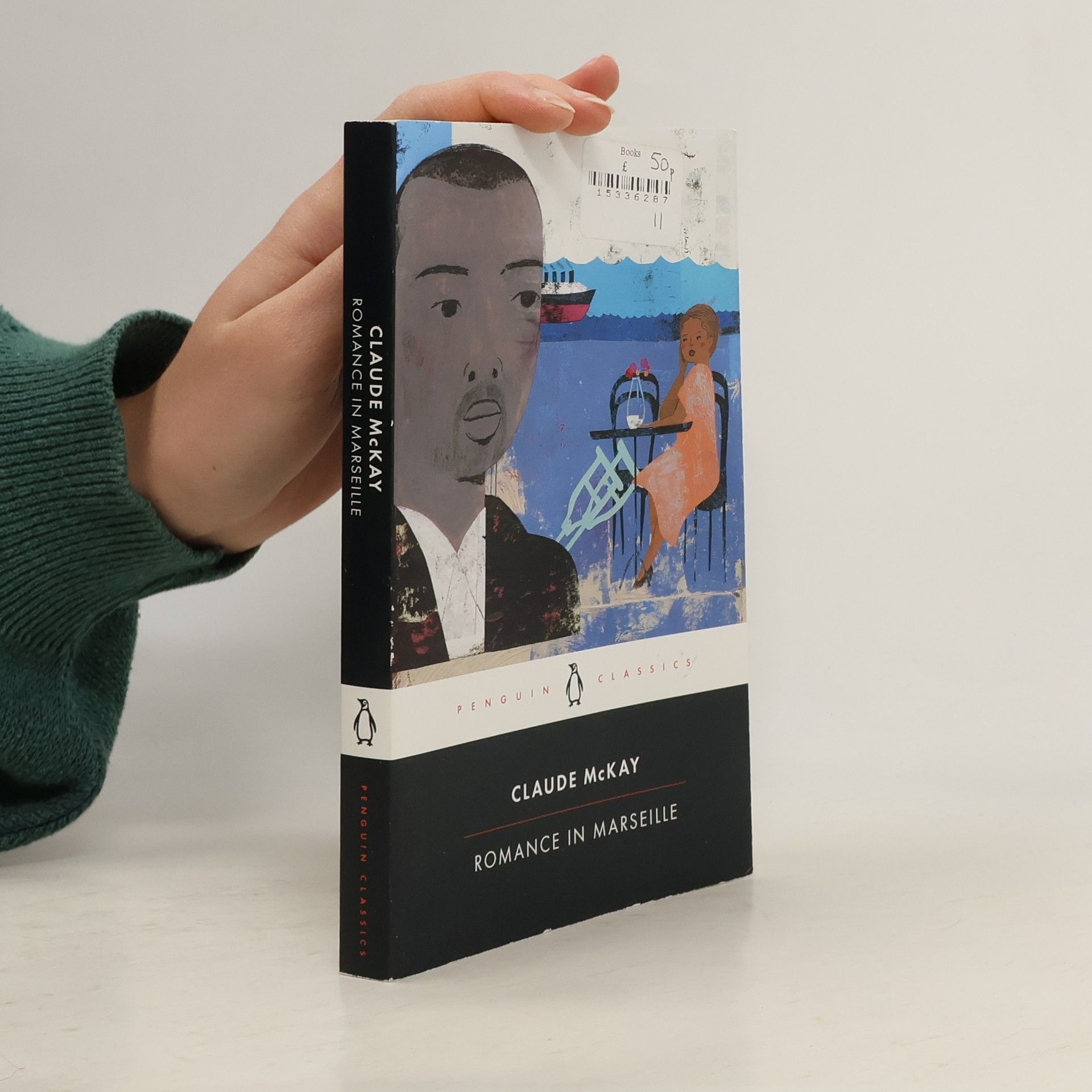Claude McKay Book order (chronological)
Claude McKay emerged as a seminal voice of the Harlem Renaissance, deeply exploring the complexities of Black life and identity. His literary output, encompassing poetry and novels, often grappled with themes of race, displacement, and the quest for belonging. McKay's writing is distinguished by its lyrical power and incisive social commentary, offering a profound glimpse into the African American experience. He remains celebrated for capturing the spirit of his era while addressing enduring human concerns.






Lincoln Agrippa Daily, known on the 1920s Marseilles waterfront as “Banjo,” prowls the rough waterfront bistros with his drifter friends, drinking, looking for women, playing music, fighting, loving, and talking--about their homes in Africa, the West Indies, or the American South and about being Black.
A Long Way from Home
- 384 pages
- 14 hours of reading
McKay's account of his long odyssey from Jamaica to Harlem and then on to France, Britain, North Africa, Russia, and finally back to America. As well as depicting his own experiences, the author describes his encounters with such notable personalities as Charlie Chaplin, George Bernard Shaw, H. G. Wells, Leon Trotsky, W. E. B. Du Bois, Isadora Duncan, Paul Robeson, and Sinclair Lewis.
Harlem Shadows
- 112 pages
- 4 hours of reading
A harbinger of the Harlem Renaissance first published in 1922, this collection of poignant, lyrical poems explores Claude McKay’s yearning for his Jamaican homeland and the bitter plight of Black and African Caribbean people in America—now with an introduction by Pulitzer Prize–winning poet Jericho Brown. ONE OF THE MOST ANTICIPATED BOOKS OF 2022—Vulture With pure heart, passion, and honesty, Claude McKay offers an acute reflection on the complex nature of racial identity in the Caribbean diaspora, encompassing issues such as nationalism, freedom of expression, class, gender, and sex. The collection’s eponymous poem, “Harlem Shadows,” portrays the struggle of sex workers in 1920s Harlem. In “If We Must Die,” McKay calls for justice and retribution for Black people in the face of racist abuse. Juxtaposing the cacophony of New York City with the serene beauty of Jamaica, McKay urges us to reckon with the oppression that plagues a “long-suffering race,” who he argues has no home in a white man’s world. Poems of Blackness, queerness, desire, performance, and love are infused with a radical message of resistance in this sonorous cry for universal human rights. Simultaneously a love letter to the spirit of New York City and an indictment of its harsh cruelty, Harlem Shadows is a stunning collection that remains all too relevant one hundred years after its original publication.
Banana Bottom
- 320 pages
- 12 hours of reading
A Jamaican girl, Bita Plant, who was adopted and sent to be educated in England by white missionary benefactors, returns to her native village of Banana Bottom and finds her black heritage at war with her newly acquired culture.
Jake Brown, a Black American soldier and a World War I deserter, returns to Harlem and struggles to find his place in a vibrant working-class community that's rife with poverty, crime, and racism.
Romance in Marseille
- 224 pages
- 8 hours of reading
"Buried in the archive for almost ninety years, Claude McKay's 'Romance in Marseille' traces the adventures of a rowdy troupe of dockworkers, prostitutes, and political organizers - collectively straight and queer, disabled and able-bodied, African, European, Caribbean, and American. Set largely in the culture-blending Vieux Port of Marseille at the height of the Jazz Age, the novel takes flight along with Lafala, an acutely disabled but abruptly wealthy West African sailor."-- Provided by publisher